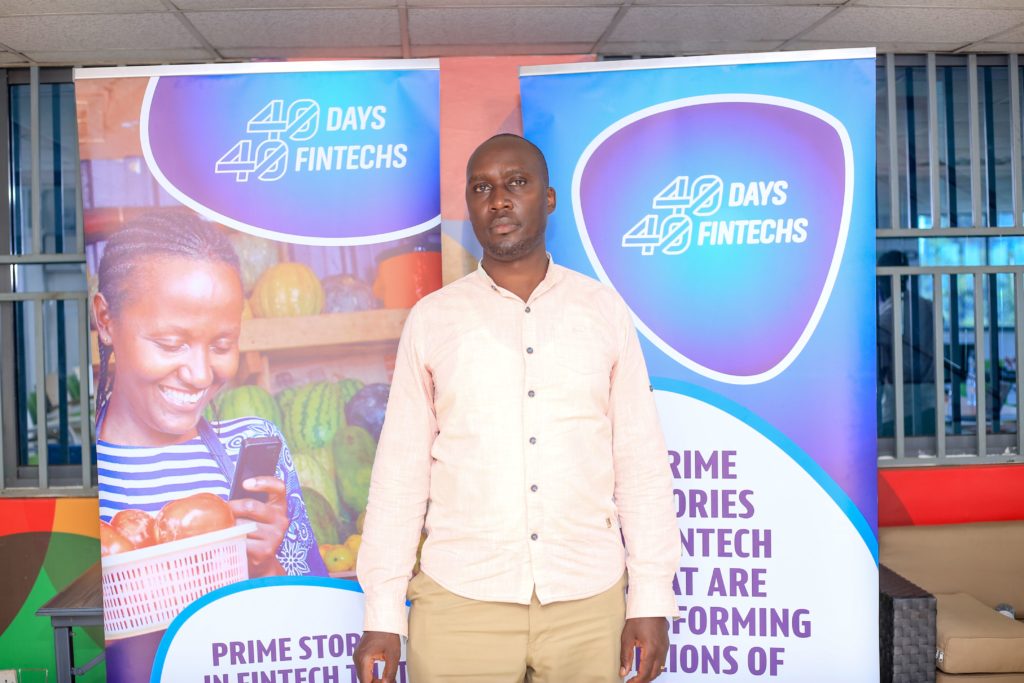With financial exclusion still a big challenge globally, players in the financial technology space are increasingly working towards breaking the barriers by using technology to ensure that more people have access to affordable financial services.
It is estimated that over a billion people globally are still financially excluded. Uganda has, however, gained progress in the financial inclusion space, with the number of financially included estimated at 78%, representing 14.4 million adults, according to the 2018 FinScope survey.
While Mobile Money Service providers have played a major role in this, Financial Technology (FinTech) players such as Lend in a Box, are also playing a major role.
According to the company’s Head of Business Oscar Ofumbi, Lend in a Box seeks to drive financial inclusion for Small and Medium Enterprises (SME) by aggregating payments, insurance, working capital, trade finance, cash and forex solutions, using its various wallets including SME, Agric, Med, Insure, Capital, Trade, and Risk solutions.
This is done in partnership with banks, insurance companies and alternative financial institutions.
Ofumbi said that one of the challenges facing SMEs today is competing in the same market place with multinationals, which often have access to different products and services across payments and forex solutions, which most SMEs do not have.
This, he said, puts them in a disadvantaged position as they are always outcompeted at almost all fronts.
Ofumbi said: “Our solutions cut across given that we are able to provide payments and other solutions for SMEs.”
“For instance, one of the use cases that we have most times is the one in the agricultural space where we have built a solution that enables women in rural areas to access financing using invoices or the supplies that they do. This has helped them access capital for their businesses and they are now in a better position than ever before to support their families.”
Commenting about the Insurance products, Ofumbi said that they discovered through research that a sizable percentage of expenditure of people in rural areas is spent on things that can be provided by insurance such as healthcare, burials and related expenses.
“These are expenses that can be covered by insurance but because the product has not reached them, they are unable to provide it for themselves and for their families. But by us extending this solution to them, we have supported them in that arena,” Ofumbi said.
Lend in a Box is among the firms participating in the 40-days-40-FinTechs project that is currently ongoing. Lend in a Box is the 29th FinTech to interface with HiPipo on this project.
The HiPipo CEO Innocent Kawooya noted that the HiPipo team is blessed to lead a sector that has played a major role in transforming lives.
“As HiPipo, it does not only excite us but also gives us much confidence that the future of Africa is bright because of the contribution of financial technology and we are glad to lead the contribution,” Kawooya said.
He explained that they believe that when they help grow different sectors through financial inclusion advocacy and through promoting the use of financial technology, which is one of the pillars that can help scale financial inclusion growth, they will help in solving some of the challenges facing the world today.
Kawooya commended Lend in a Box for their deliberate focus on SMEs and women in its effort to drive financial inclusion.
He noted that research has proved that when you uplift women, they will help their families and their families will in turn help nations to advance.
“The world needs to achieve full financial inclusion; the United Nations under the Sustainable Development Goals is interested in lowering poverty levels and believes that when people get financially included, may be poverty challenges will be addressed.”
He urged all the FinTechs participating in the 40-days-40-FinTechs initiative to play their part so that they together contribute to the growth of the economy and development of the world.
About the project
The 40-days-40-FinTechs project is organised by HiPipo under its Include EveryOne program, in partnership with Crosslake Tech, ModusBox and Mojaloop Foundation.
It seeks to enable financial technology companies to innovate solutions that facilitate cross-network financial transactions at minimal risks to enhance access to financial services.
To increase access to financial services, however, there is need to lower transaction costs, which have been said to be a big barrier. Financial technology experts indicate that one of the ways to lower transactional costs is through adopting the use of interoperable solutions.
Ensuring that Ugandans FinTechs offer interoperable solutions is one of the reasons for the 40-days-40-FinTechs projects.
Running for 40 days, the project will see the participating 40 FinTechs acquire interoperable development skills to improve access to financial services, using the Mojaloop open source software.
Kawooya pledged to offer free consultancy for the participating Fintechs that could be having technological challenges.
Read About: MyLib: Bringing primary school revision and learning alive

